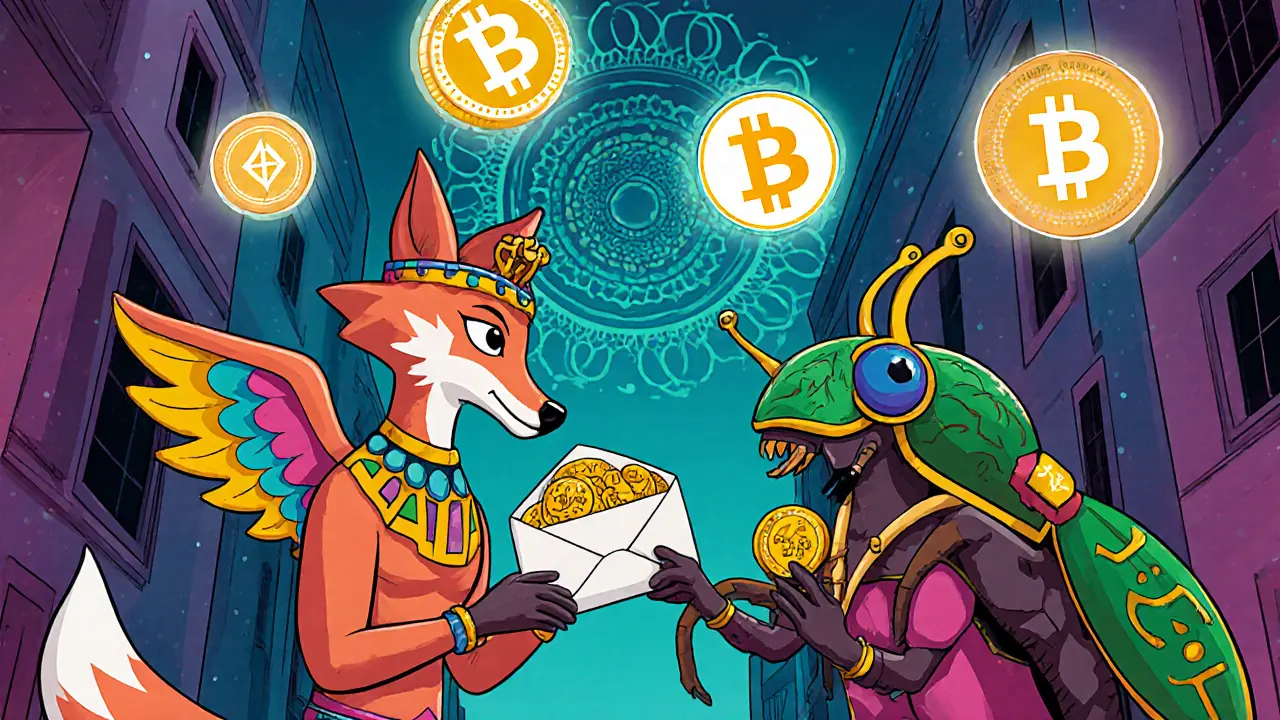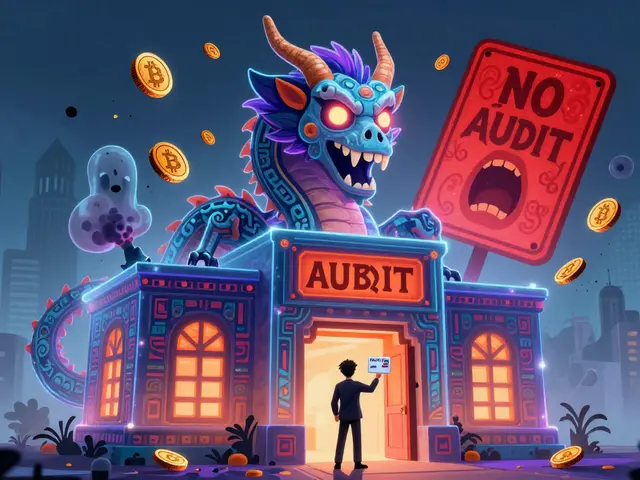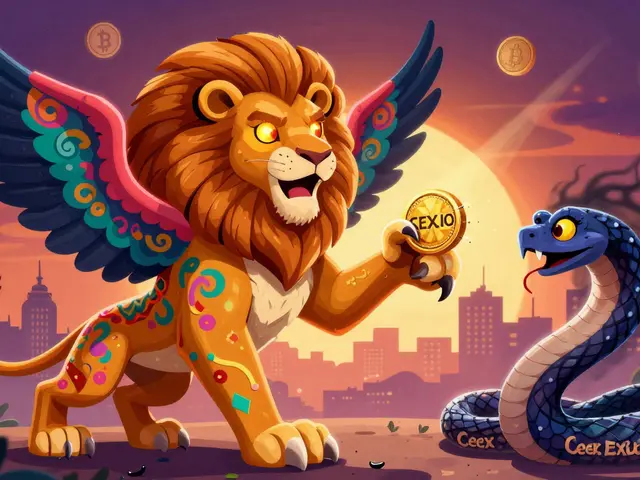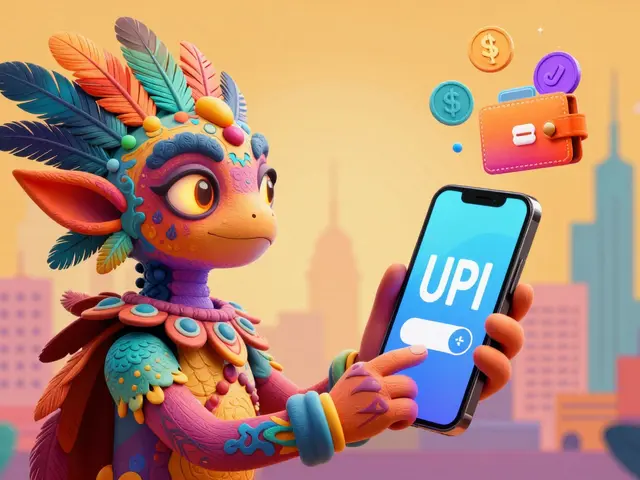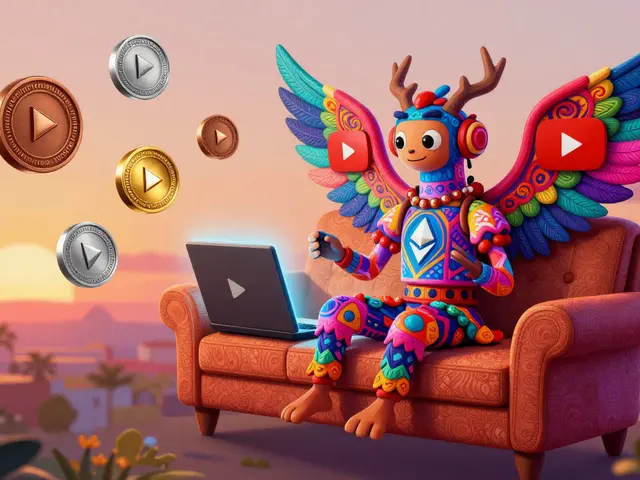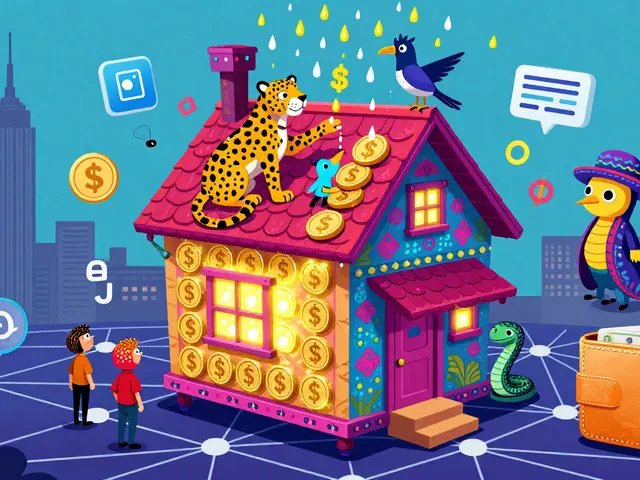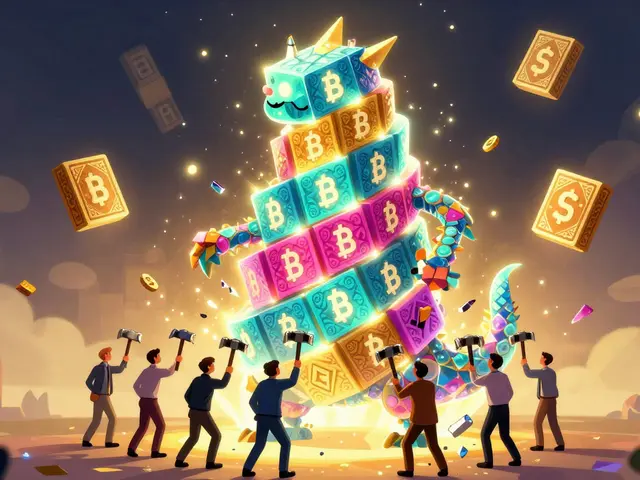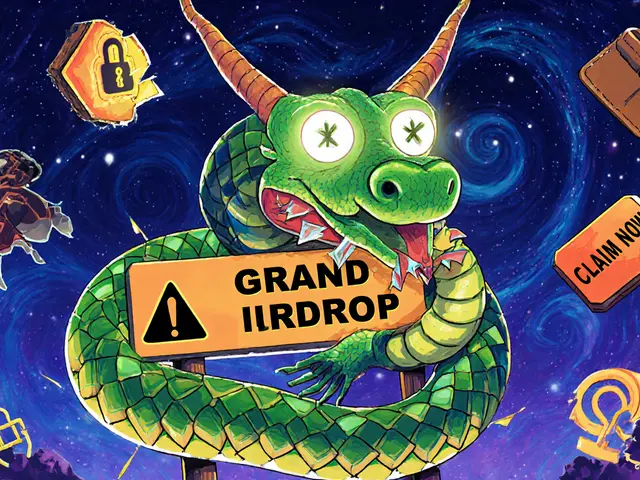Underground Crypto Trading in Egypt: Risks, Methods, and Real Stories
When you hear underground crypto trading in Egypt, the term refers to unregulated, peer-to-peer cryptocurrency exchanges that operate outside official financial oversight. Also known as black market crypto trading, it’s how many Egyptians bypass strict currency controls and access global digital assets—despite government bans and banking restrictions. The central bank doesn’t recognize Bitcoin or any crypto as legal tender, but that hasn’t stopped people from trading. In fact, Egypt ranks among the top 10 countries globally for P2P crypto volume, according to Chainalysis data from 2024. Why? Because cash is tight, inflation is high, and the Egyptian pound keeps losing value. People aren’t trading crypto for fun—they’re trading to survive.
Most underground trades happen through WhatsApp groups, Telegram channels, or local meetups in Cairo and Alexandria. Buyers and sellers agree on price in Egyptian pounds, then swap cash for crypto—usually USDT, BTC, or ETH. No KYC. No bank records. No receipts. It’s fast, anonymous, and risky. One wrong move, and you could be arrested under Egypt’s 2018 cybercrime law, which criminalizes unauthorized digital currency transactions. Still, thousands do it daily. Some use trusted middlemen called P2P brokers, individuals who act as escrow agents between buyers and sellers in unregulated crypto deals. Others rely on cash delivery services or even barter systems—trading crypto for gold, phones, or imported goods. The system works because trust matters more than regulation here.
But it’s not all cash and secrecy. There’s a dark side. Scammers pose as sellers, take your money, and vanish. Some buyers are undercover police. Others get robbed after carrying large amounts of cash to meetups. There are even reports of extortion—criminals forcing traders to pay in crypto after threatening violence. And while some use underground trading to send money home to family abroad, others get trapped in pyramid schemes disguised as crypto investment clubs. The line between survival and exploitation is thin.
What you’ll find in the posts below isn’t theory—it’s real. You’ll read about how people in Alexandria avoid detection, why USDT dominates the black market, how a single WhatsApp group can move millions in crypto each month, and what happens when the authorities crack down. You’ll see why some traders switch to hardware wallets and metal backups, why they avoid exchanges like GroveX or KCEX that claim to be ‘no KYC,’ and why even a simple mistake like sharing a wallet address can cost someone everything. This isn’t about speculation. It’s about access, control, and risk in a country where the rules are written in one language, but people speak another.
